Is Web Components give better performance when compared to Native HTML elements. Since each elements getting mutated only when getting attached to DOM. So, expensive operations inside Element callbacks leads to poor performance.
I wrote one sample Web Component with some expensive implementation in connectedCallback handle, When I try render the component, each component took time in a consecutive order.
I don't see any reference related performance pin points on Web Components.
Update 1
I have a created small page with Native and Web Component implementation, Seems Web Components page took 4ms to finish but Native took only 1ms. Refer my Performance screens. In Web Components scripting is taking more time.
Native HTML Example:
Web Component Example:

